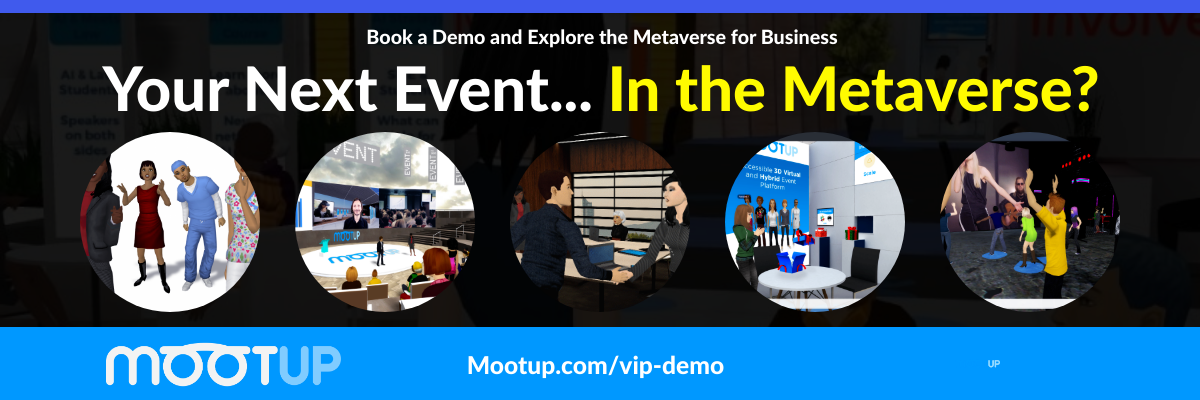Virtual Event Marketing
In the current digital landscape, virtual events have become a crucial component of marketing strategies for businesses of all sizes. With the increasing prevalence of remote work and restrictions on in-person gatherings, hosting virtual events has emerged as a popular method to connect with customers, generate leads, and enhance brand awareness. In this article, we will delve into the essential strategies and best practices for successful virtual event marketing.
Why Virtual Events Matter
Virtual events offer a cost-effective and efficient means to reach a global audience without the limitations of physical locations. They serve as a platform for businesses to showcase their products and services, engage with customers in real-time, and gather valuable data on attendee behavior. Furthermore, virtual events enable companies to decrease their carbon footprint by eliminating the necessity for travel and physical materials.
Benefits of Virtual Events:
- Cost-effective way to reach a global audience
- Real-time engagement with customers
- Data collection on attendee behavior
- Environmental sustainability by reducing carbon footprint
Virtual Event Platforms:
Choose a reliable virtual event platform that provides features such as live streaming, chat rooms, breakout sessions, and networking opportunities. Popular platforms include Zoom, Webex, and Hopin.
Promotional Strategy:
Develop a comprehensive marketing plan to promote your virtual event across various channels, including social media, email newsletters, and digital ads. Create engaging content that highlights the value of attending the event and encourages registrations.
Planning Your Virtual Event
Prior to delving into the specifics of virtual event marketing, it is imperative to have a well-defined plan in place. Begin by outlining your goals and objectives for the event. Are you aiming to generate leads, educate customers, or launch a new product? Once you have a clear understanding of your goals, you can proceed to establish the structure of the event, encompassing the agenda, speakers, and interactive elements.
Key Components of Virtual Event Marketing:
Virtual Event Platform:
Choose a reliable platform offering live streaming, chat rooms, breakout sessions, and networking opportunities.Promotional Strategy:
Develop a comprehensive marketing plan to promote your event across multiple channels.Engagement Tools:
Incorporate interactive elements such as polls, Q&A sessions, and virtual networking opportunities.Post-Event Follow-Up:
Follow up with attendees to gather feedback, share recordings, and nurture leads.
Best Practices for Virtual Event Marketing
To optimize the success of your virtual event, consider implementing the following best practices:
Create Compelling Content:
Develop engaging presentations, panel discussions, and workshops that provide value to attendees and align with your business objectives.Optimize the Registration Process:
Make it easy for attendees to register by streamlining the process and providing clear instructions on accessing the event.Promote Early and Often:
Start promoting your event well in advance to build anticipation and generate buzz among your target audience.Offer Incentives:
Encourage participation by offering incentives such as exclusive discounts, giveaways, or access to premium content.Measure Success:
Track key metrics like attendance rates, engagement levels, and lead conversions to evaluate the event’s success and identify areas for improvement.
Conclusion
Virtual event marketing presents a unique opportunity for businesses to connect with customers, generate leads, and enhance brand awareness in a digital realm. By adhering to the key strategies and best practices outlined in this article, you can create successful virtual events that yield meaningful results for your business. Embrace the potential of virtual events to broaden your reach, engage with your target audience, and achieve your marketing objectives.
FAQ
1. Why are virtual events important for businesses?
Virtual events offer a cost-effective and efficient way to reach a global audience without the constraints of physical locations. They provide a platform for businesses to showcase their products and services, engage with customers in real-time, and collect valuable data on attendee behavior.
2. What are the key components of virtual event marketing?
The key components of virtual event marketing include choosing a reliable virtual event platform, developing a comprehensive promotional strategy, incorporating engagement tools such as polls and Q&A sessions, and implementing a post-event follow-up plan to nurture leads.
3. How should businesses plan their virtual events?
Businesses should start by defining their goals and objectives for the event. Once they have a clear understanding of their goals, they can outline the structure of the event, including the agenda, speakers, and interactive elements.
4. What are some popular virtual event platforms?
Popular virtual event platforms include Zoom, Webex, and Hopin. These platforms offer features such as live streaming, chat rooms, breakout sessions, and networking opportunities to enhance the virtual event experience.

